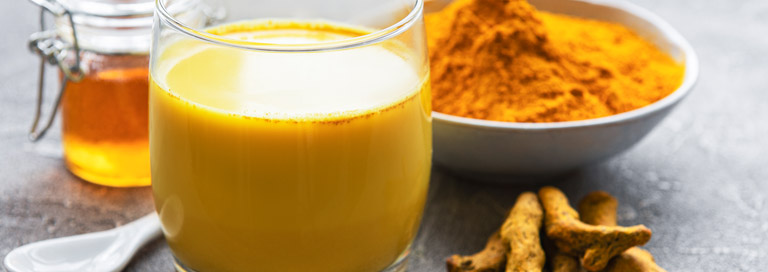Suppose you ask a traditional doctor what you can do to help prevent cancer. In that case, you’ll hear misguided advice like staying out of the sun, eating a low-fat diet, and paying attention to your family’s medical history…
Western medicine still questions the healing and preventative power of medicinal spices like turmeric.
But multiple peer-reviewed scientific studies from around the world reveal that curcumin – the chemical compound in turmeric – can target 10 separate factors that lead to cancer.
You’d have a good shot at preventing cancer by just eliminating one factor…
But when you can eliminate 10 of them, you have provided yourself with significant anticancer protection.
Today, the bulk of research on this miracle root centers on cancer. In fact, of the thousands of papers published on curcumin, almost 40% focus on cancer.
A study published in the journal Anticancer Research showed that curcumin targets and kills cancer stem cells — the young malignant cells that grow into tumors — but leaves healthy stem cells untouched.1
Studies have shown that curcumin also:2
- Regulates tumor suppressor pathways and starves tumors of vital blood supply
- Triggers programmed cell death in breast cancer cells
- Targets destruction of cancer-cell mitochondria while leaving healthy cells alone
- Halts replication of cancerous cells
- Blocks molecules to prevent tumors from growing and spreading
- Prevents DNA damage
More studies show that curcumin strikes at multiple targets in prostate cancer, interfering with the spread of cancer cells and regulating inflammatory responses through NF-kB, the master regulator.3,4
You see, curcumin is a potent antioxidant that is proven to reduce inflammation in the body. And inflammation can lead to the development of cancer.
But curcumin’s anti-inflammatory benefits go far beyond cancer. Chronic low-level inflammation is a key factor in many of today’s most devastating diseases, including heart disease… diabetes, obesity
, and metabolic syndrome… Alzheimer’s and dementia… joint pain… depression… and digestive disorders.Optimal doses haven’t been established for cancer treatment. Clinical trials have used from 1,000 mg up to 8,000 mg per day. I recommend dosages of 1,000 mg to my patients.
I also recommend using a curcumin supplement that contains piperine, a black pepper extract that supercharges curcumin’s absorbency.
Curcumin comes from turmeric root. I like adding it to different recipes. I use it in everything from scrambled eggs to soups and stews. One of my favorite ways to use curcumin is in a hot drink. But this time of year, I like making turmeric iced tea using the fresh root I’ve harvested from my garden.
Turmeric Iced Tea
This is the recipe I use:
 |
- 2 cups water
- 1-inch fresh turmeric root, peeled and thinly sliced
- ½ teaspoon freshly chopped ginger (if desired)
- ½ teaspoon ground cinnamon
- 1 tablespoon honey
- Lemon wedges
Boil water in a small pan, then adds the first four ingredients. Lower heat to medium-low, and let simmer for 10 minutes. Strain into a large glass, and add ice, honey, and lemon.
To Your Good Health,

Al Sears, MD, CNS

